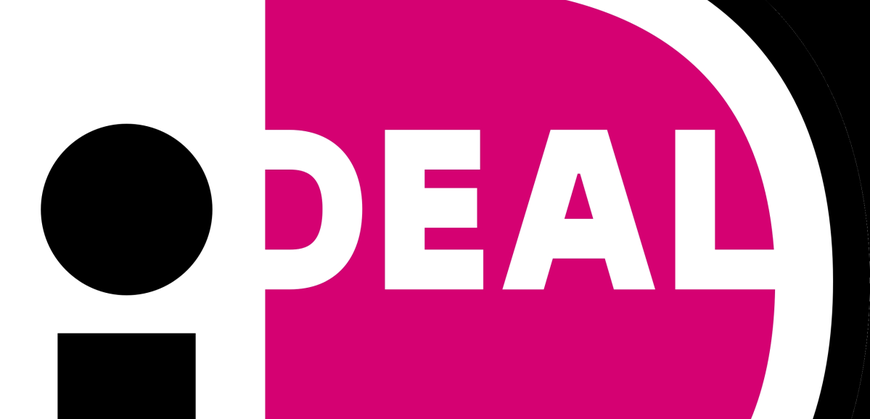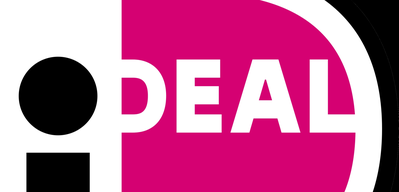

- Operators that have “actively” targeted the Dutch market will face a “cooling off” period of two years.
- In total, six “red lines” are defined; if an operator has fallen foul of one or more during the two years prior to the date of their gambling application, they will be rejected.
- They are mostly familiar: The use of dot-NL domains; offering the service in the Dutch language; advertising on TV, radio or print media, etc.
- However, one possible issue for some operators will be the use of the iDEAL payment processor, which threatens to delay many applications.
The Dutch gaming regulator overseeing the country’s adoption of new online gambling laws has set out its criteria for implementing the two-year cooling-off period for illegal operators.
As per new gambling regulations passed in the Senate earlier this year, offshore gambling providers will be able to seek approval to launch under local regulations. However, operators that have “actively” targeted the Dutch market will face a “cooling off” period of two years.
What “active” really means has been an area of speculation and concern in the industry. Many of the world’s biggest online gambling firms accept Dutch players, though most have been careful to follow “prioritization” rules previously set out by the regulator. It has been hoped that a similar set of criteria would be used to define “active” focus on the market.
And indeed, the draft policy set out by the Kansspelautoriteit, published late last week, treads a similar path. In total, six “red lines” are defined; if an operator has fallen foul of one or more during the two years prior to the date of their gambling application, they will be rejected.


